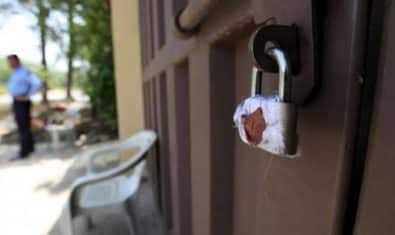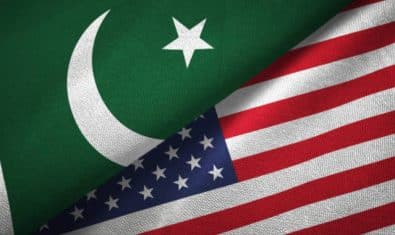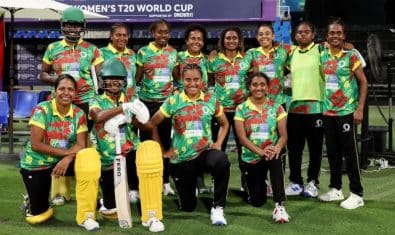The Council of Common Interests (CCI) has given its go ahead to the government to strip NEPRA, the power regulator, of its autonomy. The approval will undermine National Electric Power Regulatory Authority’s (NEPRA) powers that allows it to independently determine tariffs on electricity across the country.
Prime Minister Nawaz Sharif led the CCI meeting which was also attended by all the provincial chief ministers.
The newly amended changes restrict NEPRA, which is the main regulator in the power sector, from acting independently. It will now have to obey government orders in deciding the amount of power tariff. Consumers are bound to suffer given this new dynamic.
A member of the meeting also reported that crucial changes were endorsed to alter the Regulation of Generation, Transmission, and Distribution of Electric Power Act of 1997 which is also known as the NEPRA Act.
This is not all, as an “independent panel” is going to be set up which can challenge any decision taken by NEPRA.
Furthermore, informed sources also claimed the power regulatory body was not told about these suggested changes to the NEPRA Act before the meeting took place. Besides, even the NEPRA team that was invited to the meeting to present their report on the “State of Industry” was not taken up by the members present there.
Moreover, the same sources also claimed that Shahbaz Sharif, the Punjab Chief Minister, made a blunt comment against the regulatory body and its supposed failure at performing its duties. According to him, the body was no longer working properly due to incompetency while also continuously hindering investment in the private sector rather than doing its job of being a facilitator.
The Punjab Chief Minister further claimed that it was his government which had to work to reduce the solar power tariff to less than six cents for a unit rather than NEPRA who was actually supposed to be doing this job. Besides this, Shahbaz Sharif also accused the regulatory body of being incapable of doing its job properly and handling significant matters while its attitude was very detrimental to the power sector.
NEPRA has also proved itself incapable of solving or at the very least alleviating the issues faced by the power sector and which consumers all over the country have to deal with on a daily basis.
Its not just the Punjab Chief Minister who has criticised NEPRA. Even the Sindh Chief Minister, Murad Ali Shah, spoke out against the regulatory body for being a nuisance for renewable energy products and the Thar coal project.
Tariq Sadozai, Chairman of NEPRA, is currently away on leave and thus could not attend the meeting. In his place, the regulatory authority was represented by its Vice Chairman, Saifullah Chattha, who did not say anything to counter the claims by the Punjab and Sindh Chief Ministers.
To reduce the powers held by this authority, a new clause has been recently added to Section 31(1) in the NEPRA Act:
“The NEPRA shall, in the determination, modification or revision of rates, charges and terms and conditions for the provision of electric power services, be guided by national electricity policy, the national electricity plan and such guidelines as may be issued by the federal government in order to give effect to the national electricity policy and national electricity plan.”
A further change has been made to Section 31(4) of the NEPRA Act that initially had made it necessary for the federal government to investigate any decision taken by NEPRA within 15 days or the decision would be taken to have been automatically notified. With the alteration to the Act, the government would be under no compulsion to follow through with this.
Government Can Also Levy Extra Surcharges
Changes aside, a new clause has been added to the Act that gives the federal government the power to enforce a surcharge on those consumer categories that can be announced in the official gazette so that companies can collect it and which would also give the government the power to use them for “discharging public service obligations.”
The meeting concluded with the agreement that all the provinces from now, have their own provincial power regulatory bodies rather than a national regulatory body which has jurisdiction all over the country. This is because electricity has been named a provincial matter by the Federal Legislative List-II.
via Dawn






















Patwari league wants to charge honest paying customers for the electricity theft. Shame on this government and its supporters
Yes this is the real reason. They can’t stop power theft so they will pass on the cost to honest consumers. NEPRA wouldn’t let them do this so they had to defang it.